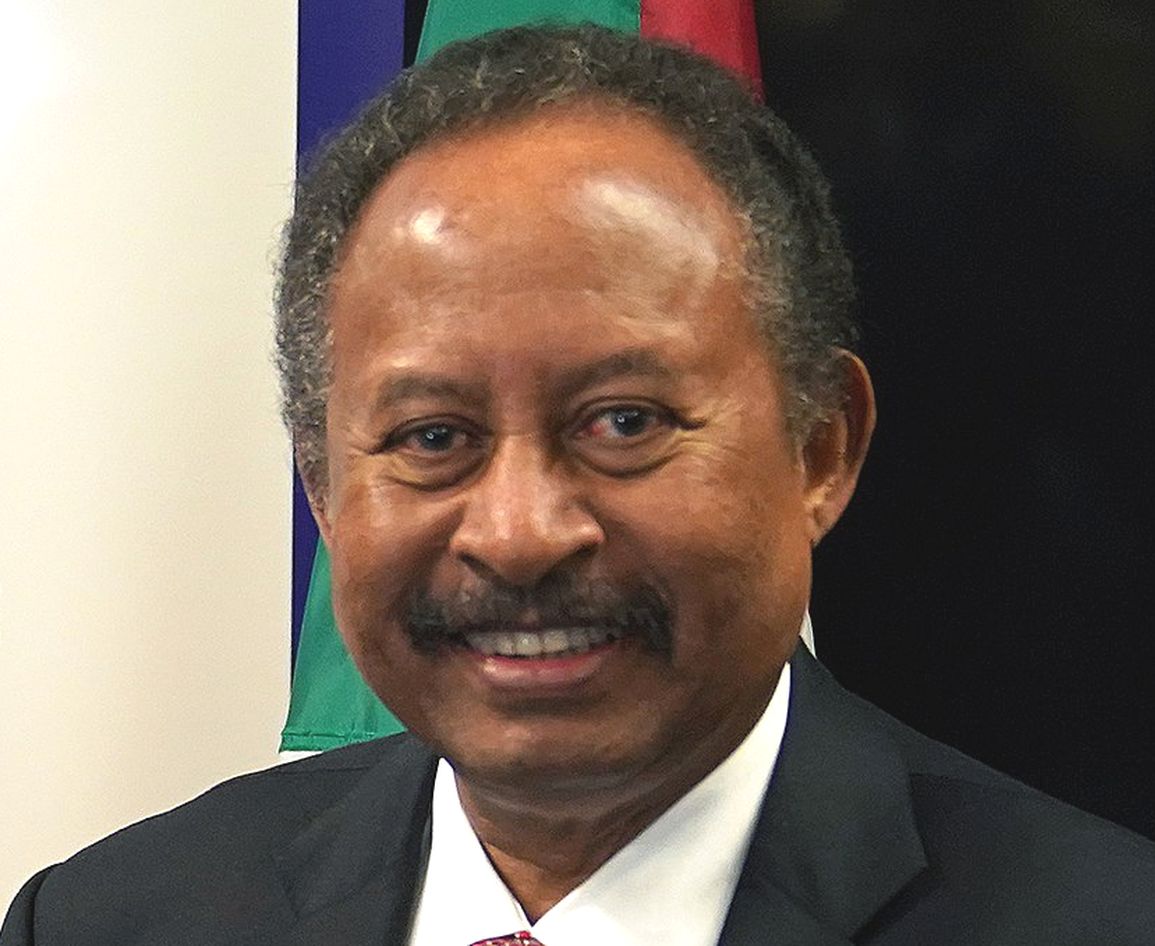Khartoum, Sudan —(Map)
Sudan’s Prime Minister Abdalla Hamdok stepped down on Sunday, as the country’s military continued its harsh crackdown on protesters. Large numbers of protesters have been gathering in the streets since the military took control of the country in a coup in late October.
Sudan has had many leadership changes since massive protests in 2019 forced out the harsh long-time leader, Omar al-Bashir. Those protests also forced the military to agree to share power with civilians. The plan was to move to a civilian-led government by November, 2021.

(Source: Office of USAID Administrator [Public domain], via Wikimedia Commons.)
But before that could happen, General Abdel Fattah al-Burhan took control of the country in a coup last October. Mr. Hamdok and other leaders were arrested. In response to the coup, there were huge protests once again in Sudan’s large cities.
After weeks of protests, General al-Burhan brought Mr. Hamdok back as prime minister, saying the two had signed a new power-sharing deal. The protest leaders rejected the deal, saying protests would continue until the military agreed to a civilian-led government as they had promised.
The military has cracked down violently on the protests, using tear gas, and at times firing bullets at the protesters. At least 57 people have been killed.
😕
This image has not been loaded because of your cookie choices. To view the content, you can accept 'Non-necessary' cookies.
Protest leaders rejected the power-sharing deal, and large protests have continued. The military has cracked down violently on the protests. Above, a protest in Khartoum on December 30, seen before police broke it up using tear gas.
Mr. Hamdok said he had tried to keep Sudan from “sliding into disaster” and to bring “peace and justice” to the country. But he admitted that this had not happened. He said that by stepping down, someone else would have the chance to guide Sudan to become a “civilian, democratic country”.
It’s not clear what will happen next. Some people worry that with Mr. Hamdok gone, there will be no chance for a civilian government. Others believe that Mr. Hamdok’s leaving could make the protest movement stronger, since the military can no longer pretend there is a civilian-led government.
😕
This map has not been loaded because of your cookie choices. To view the content, you can accept 'Non-necessary' cookies.
